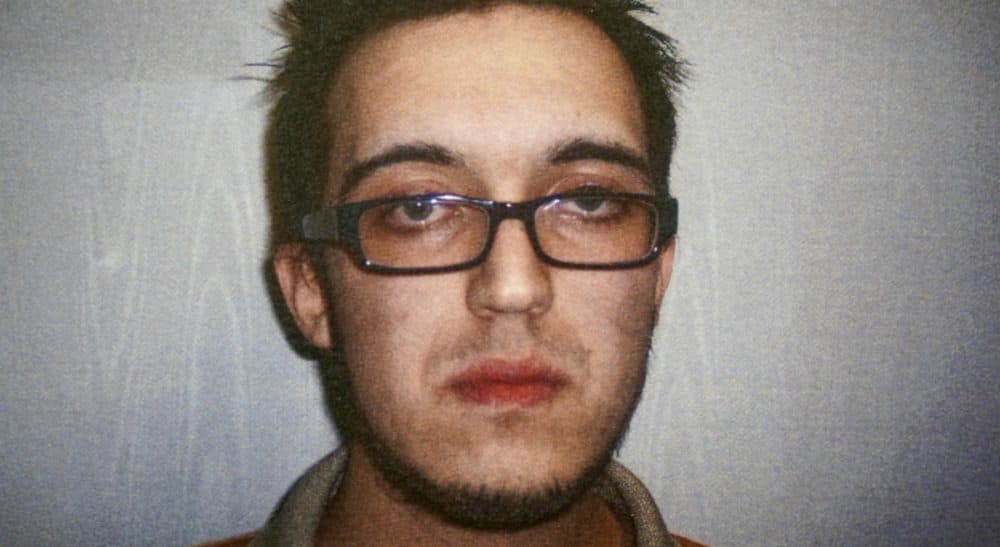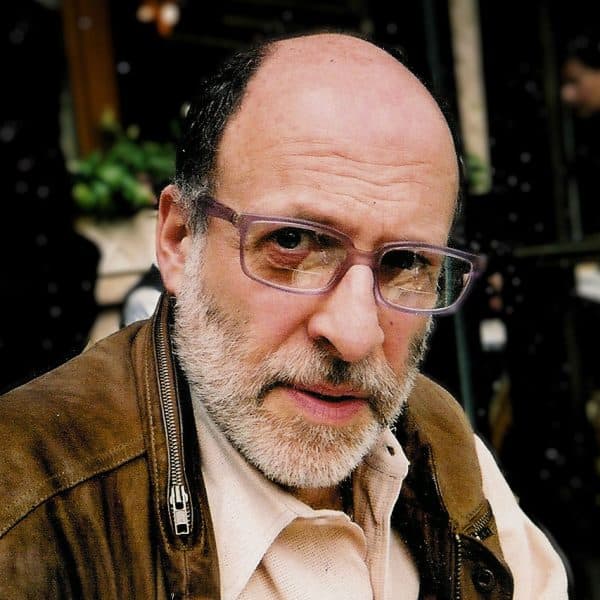Advertisement
FBI Overreach? Alexander Ciccolo And The Line Between Imagined And Actual Threat

The ever-vigilant Federal Bureau of Investigation has once again reminded us of the constant threat of domestic terrorism plots — by inventing one. But the most recent story has a more tragic twist than many other FBI “national security” capers, since it involves as well a betrayal of family values.
It all started when Boston Police Capt. Robert Ciccolo Jr. reported his own mentally ill son to the FBI on suspicion of terrorism. The son, 23-year-old Alexander Ciccolo, had been spouting radical Islamic views and was talking about getting his hands on weapons and munitions. True to form, the FBI set an informant upon the disturbed young man, and before you can say “entrapment,” young Ciccolo was requesting weapons, “tons of ammo,” and explosives. The informant supplied two rifles and two handguns — all for free. Ciccolo was arrested while transporting these FBI-provided weapons back to his apartment.
Protecting the public from a possible threat simply did not require an FBI sting and prosecution, where taxpayer dollars were spent shepherding a disturbed young man into criminal activity.
It is a sure sign of our society’s warped judgment in the current era of the War on Terror that the public, and much of the news media, are lionizing, rather than questioning or condemning, what the feds did with the information entrusted to them by an understandably terrified parent (in this case, an police veteran with nearly three decades of experience). Predictably, the feds turned the situation into a classic sting. The son now sits in jail, having been found by a federal magistrate too dangerous to release to the custody of his mother who, unlike Capt. Ciccolo, reportedly has maintained a close relationship with her son.
In an earlier era, a parent such as Capt. Ciccolo, witnessing such strange and worrisome behavior, likely would have sought to have his child committed to a secure mental health facility for evaluation and treatment. Massachusetts laws have ample provision for the emergency psychiatric commitment of someone when “failure to hospitalize…would create a likelihood of serious harm by reason of mental illness.” Such a person may be hospitalized temporarily pending evaluation by a psychiatrist and a judge, with such commitment extended indefinitely when a likelihood of harm is found. And if by some highly unlikely fluke the state judge refused to commit Ciccolo to a secure psychiatric facility, the feds could have been waiting at the courtroom door to arrest him on a federal criminal warrant as a back-up plan. Protecting the public from a possible threat simply did not require an FBI sting and prosecution, where taxpayer dollars were spent shepherding a disturbed young man into criminal activity.
Ciccolo’s criminal defense lawyer, Northampton’s David Hoose, tried to talk sense to U.S. District Court Magistrate Judge Katherine A. Robertson at a bail hearing held in federal court in Springfield on July 15. He asked that Ciccolo be equipped with an ankle monitoring device and released to the custody of his mother. But as in most cases slapped with a terrorism label, Robertson decided to take no chances. She ordered the defendant held without bail, based on his assertions that he wished to join Islamic State fighters abroad if he failed to carry out a terror attack here. “Terror suspect is denied bail,” announced the article in last Wednesday’s Boston Globe, wherein it was reported that federal prosecutors warned that the young man “came to espouse those horrific thoughts about killing innocent people and Americans around the world.” Most coverage of this case — with the exception of WBUR’s David Boeri -- has not attached appropriate weight to the unusual circumstances and lack of a credible threat before the involvement of the FBI. And even if the young man had taken steps to prepare for his fantasy jihad, civil commitment to a secure facility surely would have made more sense than what is now happening, and will be happening, to him.
the public and the news media should not be fooled into thinking that this stunt is any sort of victory over terrorism.
Boston Police Commissioner William B. Evans told the Globe that “[h]opefully now [Capt. Ciccolo’s] son will get the care that he needs.” This is not likely to happen, however, as anyone familiar with Federal Bureau of Prisons inmate medical care can attest. Ciccolo might have received such medical care if he had been civilly committed. Instead, he was handed over to the tender mercies of the FBI, where the “terrorist” plot predictably took shape and resulted in a symbolic Fourth of July arrest.
The rest of this sad drama will unfold in painfully familiar fashion over the coming months. But the public and the news media should not be fooled into thinking that this stunt is any sort of victory over terrorism. Rather, it is an affront to the manner in which a civilized society should treat its mentally ill. It also, one should add, trivializes the myriad true threats the nation faces in this perilous world.
